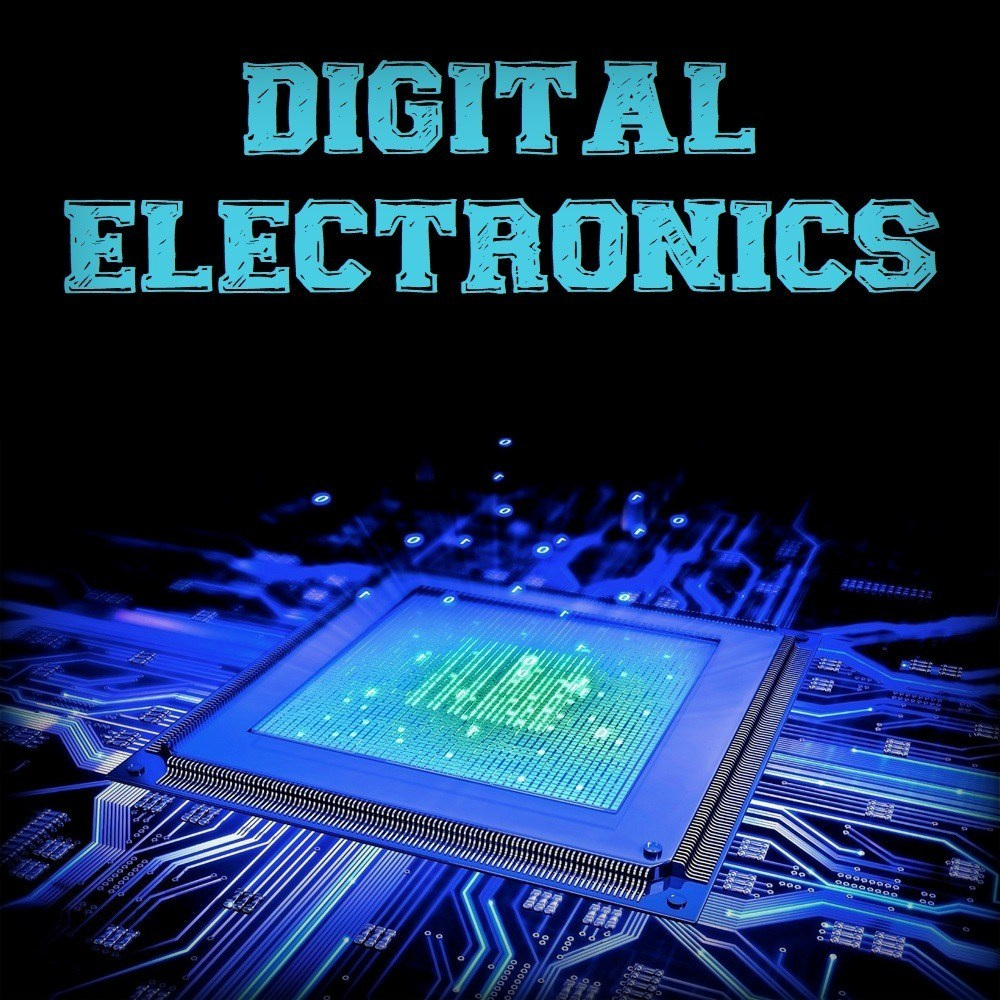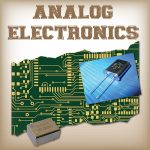Brief Overview:
The Digital Electronics Course is a fundamental training program designed to provide participants with a comprehensive understanding of the principles and techniques related to digital electronics. The course covers digital systems, circuits, and the basic processes that form the foundation of many modern technologies, such as computers, smart devices, and communications. Throughout this course, participants will learn how to design and analyze digital circuits and utilize various components to build effective digital electronic systems.
Course Objectives:
- Understand the fundamental concepts of digital electronics and digital information systems.
- Familiarize participants with the basic components of digital circuits, such as logic gates, integrated circuits, and programmable devices.
- Develop design and analysis skills for digital circuits using appropriate techniques.
- Learn how to convert information into digital form and process digital data.
- Enhance practical skills through hands-on experiments and projects.
- Explore practical applications of digital electronics in various fields such as communications, automation, and robotics.
Training Content:
- Introduction to Digital Electronics:
- Definition of digital electronics.
- Differences between analog and digital electronics.
- Applications of digital electronics in daily life.
- Digital Systems and Binary Representation:
- Understanding the binary system and how data is represented.
- Conversion between number systems (decimal, binary, hexadecimal).
- Basic concepts such as bits and bytes.
- Logic Gates and Circuits:
- Types of logic gates (AND, OR, NOT, NAND, NOR, XOR).
- Designing logic circuits using logic gates.
- Analyzing circuits using truth tables and Karnaugh maps.
- Integrated Circuits:
- Introduction to integrated circuits and their significance.
- Types of integrated circuits (digital, analog, mixed).
- Using integrated circuits in digital system design.
- Digital Design Methods:
- Tools and techniques for design (VHDL, Verilog).
- Designing circuits using programmable components (FPGA).
- Techniques for optimizing designs for efficiency.
- Number Systems and Encoding:
- Different number systems used in digital electronics.
- Encoding, decoding, and binary encoding.
- Applications of encoding in digital circuits.
- Digital Conversion:
- Understanding the conversion from analog to digital (ADC).
- Types of digital converters (DAC).
- Practical applications of digital conversion.
- Hands-on Projects and Experiments:
- Practical experiments on building digital circuits.
- Applied projects using digital design tools.
- Analyzing and evaluating project results.
- Future Trends in Digital Electronics:
- Recent developments in digital electronics.
- Future applications of digital electronics in artificial intelligence, the Internet of Things (IoT), and more.
Target Audience:
- Students in engineering and technical colleges.
- Engineers and technicians in the fields of electronics and telecommunications.
- Individuals interested in enhancing their skills in digital electronics.
- Researchers in the field of information technology and communications.
- Beginners looking to enter the electronics field.
This course is designed to equip participants with the essential knowledge and skills in digital electronics, with a strong emphasis on practical application and modern technologies.






